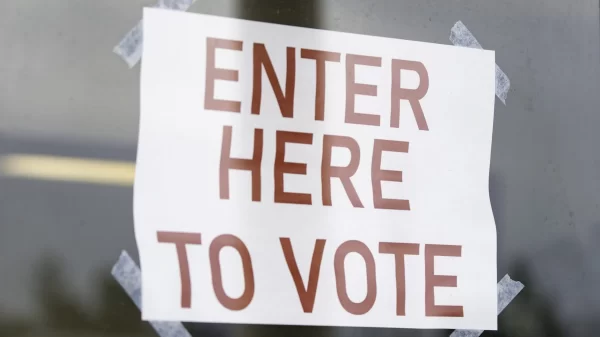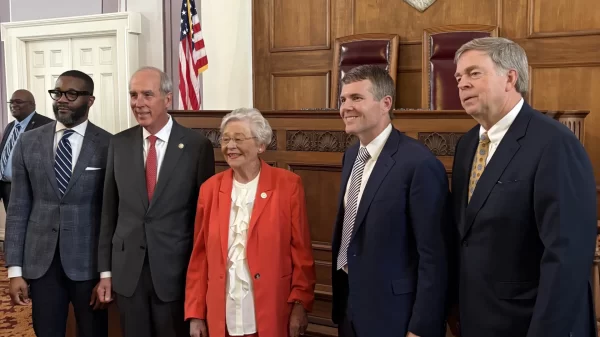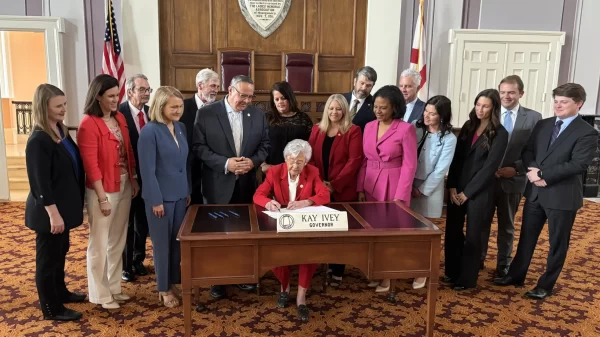|
Getting your Trinity Audio player ready...
|
It appears Alabamians should still expect some kind of tax rebate when the final version of the Education Trust Fund budget is passed.
Exactly how much to expect though is still up in the air. Gov. Kay Ivey proposed in her State of the State address $400 for every taxpayer. The Senate slashed that to just $105 per individual.
But the House Ways and Means Education committee doubled that amount to $210 for each taxpayer or $420 for married couples.
That’s the latest iteration, but that could change once again on when the bill reaches the House floor, and whatever form it takes upon House approval will ultimately have to be concurred with in the Senate or hashed out in a conference committee.
The committee passed the bill with little discussion. Chairman Danny Garrett, R-Trussville, who carried the House bill, explained the change, which serves as a bit of a compromise between Ivey’s recommendation and the Senate’s.
“I would like the thank the Alabama House for their work toward providing meaningful relief for working Alabamians and our families,” Ivey tweeted Wednesday. “I committed we would provide immediate and responsible relief, and the House helped us take a step by moving the rebates forward today.”
The bill would be expected to double the expected $275 million in costs for the rebate in the ETF supplemental bill, but the committee offset that added expense by reducing other amounts recommended by the Senate.
Notably, the House cut in half the amount proposed by the Senate to go to the education savings account to $279 million, taking care of much of the gap created by the rebate increase. It also reduced the initial amount to be funded to the Lieutenant Governor’s Office K-12 capital grant program from $180 million to $104 million.
The committee further altered the bill after criticism that the Senate version failed to spread the wealth to the southern portions of the state, specifically the coastal areas.
The Senate had cut out projects dealing with the Mobile Port Authority and Mobile Airport, but this bill reintroduced some funding to these projects through programs of Bishop State, funneling the education funds to an education entity. Garrett said further money for those projects would be addressed in the General Fund budget.
About a third of the supplemental budget will go to capital projects and deferred maintenance, which Garrett said the historic budget provided a unique opportunity to do.
“We rarely have the funds to set aside a lot for these capital needs,” Garrett said. “So basically the deferred maintenance is a way for us to give money to universities unencumbered for those type issues they can use as they see the need.”
The committee also stripped a $5 million line item for a long-Covid study to be conducted by a private organization. Garrett said there was no need, as UAB is already conducting such a study.
The committee also quietly removed $1 million in funding to Troy University’s “free scholars program” that would teach students to “combat woke capitalism.” Instead, that $1 million will go to construction at Troy’s American Village.
The House will consider the budget on the floor on Thursday.

















































